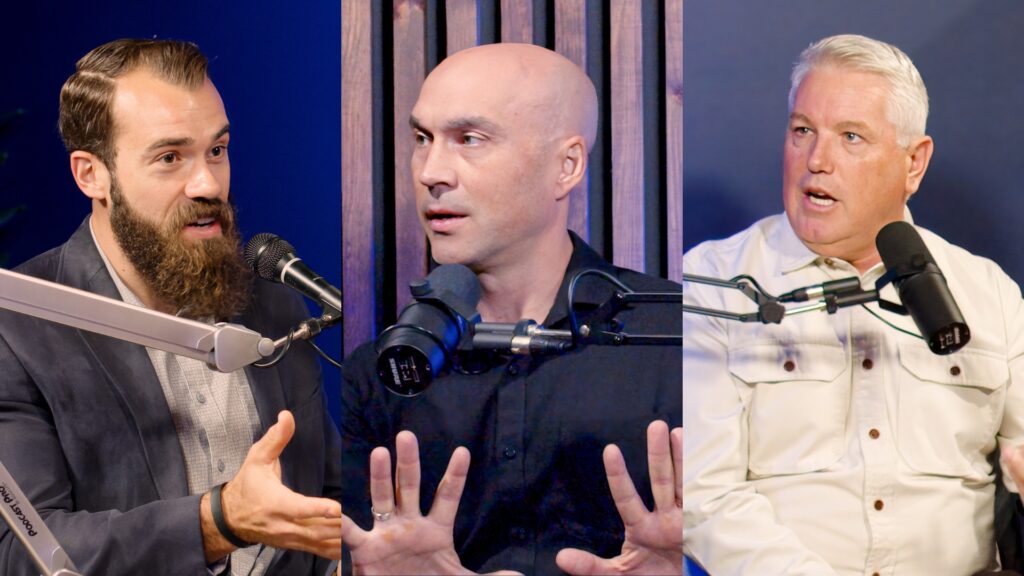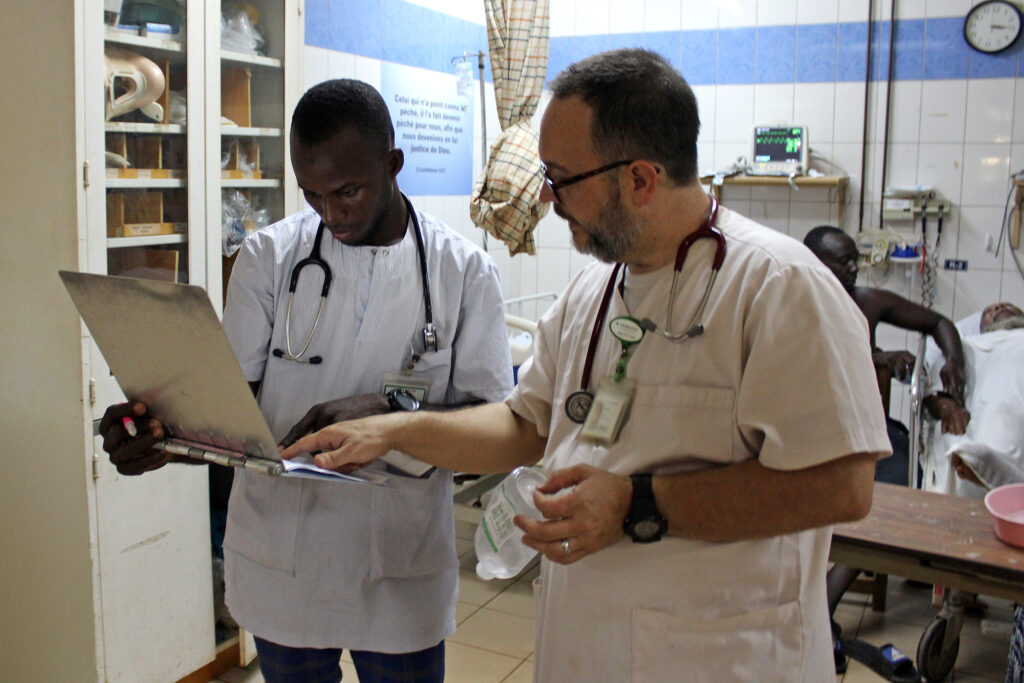If Paul is the father of missions, then Barnabas must be the grandfather. Even though he never wrote a book of the Bible, Barnabas passed on to Paul one of the most earth-shattering principles of ministry: pioneering missions as a “we” instead of an “I.” Paul never worked as a solo missionary but always served as part of a team. And he did not form just any kind of ministry group; it was always a discipleship-oriented, leader-developing team. This is an essential biblical missions strategy that Paul learned first-hand from Barnabas. Certainly, we see this principle exemplified in the ministry of Jesus and his disciples (John 4:1-42), and we see it firmly solidified as the pattern of cross-cultural ministry established by Barnabas and Paul throughout Acts and Paul’s epistles.
Paul, an apostle of Christ Jesus by God’s will, and Timothy our brother: To the saints in Christ at Colossae, who are faithful brothers. Grace to you and peace from God our Father. We always thank God, the Father of our Lord Jesus Christ, when we pray for you. . . . (Colossians 1:1-3 ESV, emphasis added)
When Paul writes to the believers at Colossae, he includes Timothy in his greetings and uses the plural “we” when talking about their ministry of prayer and teaching. He follows this same pattern as he mentions Timothy in the second letter to the Corinthians, as well as in the letters to the Philippians and Philemon. He mentions both Silvanus and Timothy while writing to the Thessalonians, and of course, 1 and 2 Timothy and Titus are written directly to his coworkers and mentees. At the end of his letters, Paul also mentions many of his coworkers and disciples who were serving with him: Stephanas, Aquilla, Priscilla, Tychicus, Justus, Trophimus, Epaphras, Aristarchus, Demas, and Luke are some examples.
Paul practiced what he preached about discipleship. Just as he learned from Barnabas, Paul made disciples at all times in his ministry. He never sought to work alone, working instead to develop other believers wherever he went. He made a habit of partnering with local believers whenever he found them, and of leaving trained leaders behind to continue the ministry after he left. He established churches with discipleship built into their DNA because they were created through discipleship rather than adding it as an afterthought (2 Timothy 2:2; Titus 1:5; Titus 2:1-7; Acts 17:13-15; Acts 18).
Missions should never be practiced apart from discipleship. That would negate the essence of missions, “Go therefore and make disciples . . .” (Matthew 28:19). All too often we can grow pragmatic with short-term thinking and believe that we can plant a church or grow a ministry more efficiently or effectively if we do it alone rather than by working in partnership with fellow missionaries and local believers. The result may be a larger building or a faster growing congregation in the short term, but it will end with a ministry that lacks discipleship at its core. Discipleship is the God-given means by which we are to plant and grow missions ministries, and we ignore it to our own detriment and to disastrous effects on the ministry.
If we can’t develop disciples while planting churches and establishing ministries, then those ministries will, in turn, constantly struggle to make disciples in the future. We will be leaving new Christians isolated and immature. A church that is created without discipleship at its core will not simply grow out of this weakness on its own because time tends to amplify, not minimize, our weaknesses. The solution is to stay committed to the biblical instructions for how to conduct our ministries: by making disciples. It’s not easy, but anything worthwhile is rarely easy.
Speaking as someone who is much more project-oriented than relationship-oriented, keeping discipleship as the core practice of a ministry requires constant reminding and dedication to avoid distraction and diversion. But this dedication through difficulty is taught to us in Scripture through both instruction and example in the lives of Jesus, Barnabas, and Paul.
Making disciples of Christ in obedience to his gospel is how he has used believers to change the world. Let us pray to remain faithful to keep the instructions we have been given in our service to our Lord Jesus.





